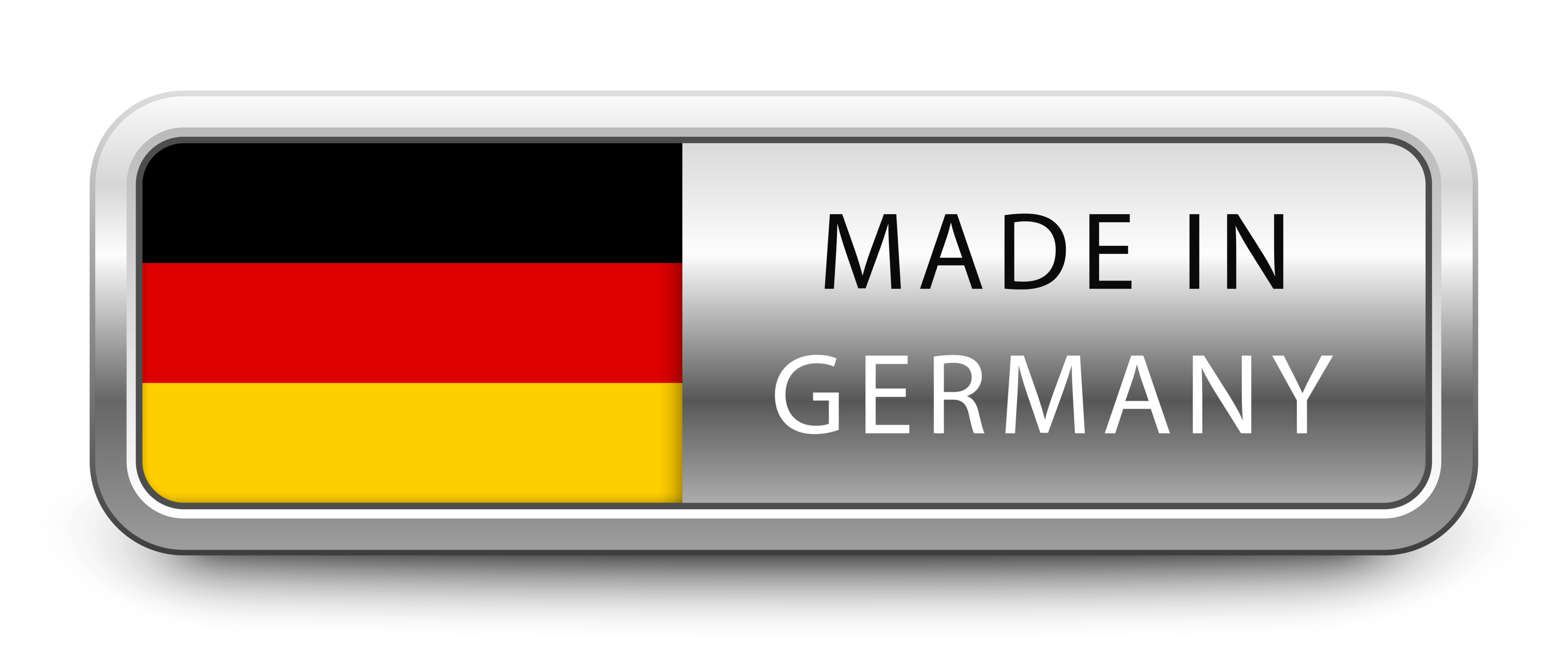
Made in Germany
Submitted by:
Sara Waddington
We highlight selected economic forecasts and industrial trends in Germany for sheet-metal manufacturers. To read the full article in the March issue of International Sheet Metal Review magazine, see https://joom.ag/ob4d/p42
In November 2022, the OECD projected the German economy to grow by 1.8% in 2022, contract by 0.3% in 2023 and recover by 1.5% in 2024.
“Uncertainty is high amidst strong energy price volatility. High inflation is reducing real incomes and savings, damping private consumption. Despite weakening external demand, export growth will recover through 2023 due to easing supply chain bottlenecks and a record high order backlog. If energy-saving requirements are not met during the winter, gas rationing would imply severe production disruptions,” it commented.
“The fiscal deficit will widen in 2023, before contracting in 2024. It is crucial that energy support measures establish strong incentives for gas savings and target vulnerable households. Corporate support measures should address liquidity concerns and not impede necessary structural change. Improving planning and approval processes and capacity, particularly at the municipal level, would accelerate the energy transition and digitalisation. Skilled labour shortages should be addressed by raising the labour supply of women, elderly and low-skilled workers; improving training and adult learning; and facilitating the recognition of the qualifications of migrants and refugees,” added the OECD.
To reach its ambitious climate targets, added the OECD, the German government plans to invest around 200 billion euros until 2026, with fiscal incentives to crowd in private investments playing a major role. It also envisions a significant increase in military spending of 100 billion euros over the next few years to upgrade military equipment.
The energy crisis
Before Russia’s war of aggression against Ukraine, Germany was highly dependent on Russian gas, oil and coal, with around one-third of primary energy supply coming from Russia. A rapid diversification of energy suppliers, the EU coal embargo and the shutdown of Russian gas pipelines strongly reduced Russian energy imports.
“The war in Ukraine has created new headwinds including a curtailment of gas flows from Russia; higher energy prices; scarcity of key intermediate inputs; weaker external demand and confidence; and tighter financial conditions. Growth [in Germany] is expected at 1.2 per cent in 2022 and 0.8 per cent in 2023, down from 2.9 per cent in 2021. Surging energy costs are reducing the current account surplus and feeding into to broad-based price pressures, with inflation expected to average 7.7 per cent in 2022 and 4.8 per cent in 2023,” commented the IMF in July 2022.
It warned then that, over the medium term, a fragmentation of global economic supply chains related to the war could compound longstanding challenges related to decarbonisation, population ageing, infrastructure gaps and digitalisation.
To secure energy supplies, the German government started diversifying away from Russian oil, coal and gas, establishing facilities to re-gasify liquified natural gas and requiring operators to fill gas storage tanks before winter 2022. In response to surging energy prices, it also expanded income support for vulnerable households, cutting fuel taxes and providing liquidity support to firms.
IMF directors welcomed the authorities’ ambitious decarbonisation plans and their digitalisation and transportation infrastructure push. They encouraged the authorities to continue investing in Germany’s growth potential and resilience through further enhancing energy security; digitalisation; innovation; labour supply and training; and social protection.
“Improving economic opportunities for women and migrants will also be important. Boosting green public investment is vital to tackle network externalities and crowd-in private investments in clean technologies, which can also help lower Germany’s large external imbalances,” it commented in July last year.
The OECD confirmed in November 2022 that German households and small firms had managed to reduce gas consumption by 31% due to high prices and relatively warm weather in October. Electricity production using gas had been reduced and replaced by phased-out or reserve coal power plants which have been reactivated. Germany’s three remaining nuclear power plants, which were scheduled to close on 1 January 2023, will continue operating until mid-April 2023.
“For 2023, electricity price support will amount to 43 billion euros and will be partly financed by a windfall tax on electricity producers. The energy support fund will finance gas price support for households and firms up to a total of EUR 40 billion in 2023 as well as liquidity support, equity injections and grants for firms,” confirmed the OECD.
“The electricity and gas price support will subsidise around 80% of past average consumption through transfers, limiting consumer price increases in 2023 to about a doubling from 2022 prices, and maintaining market prices for any consumption exceeding 80% of past average consumption. Energy price support measures are planned to be phased out in April 2024,” it added.
To read the rest of this article in the March issue of International Sheet Metal Review magazine, see https://joom.ag/ob4d/p42
